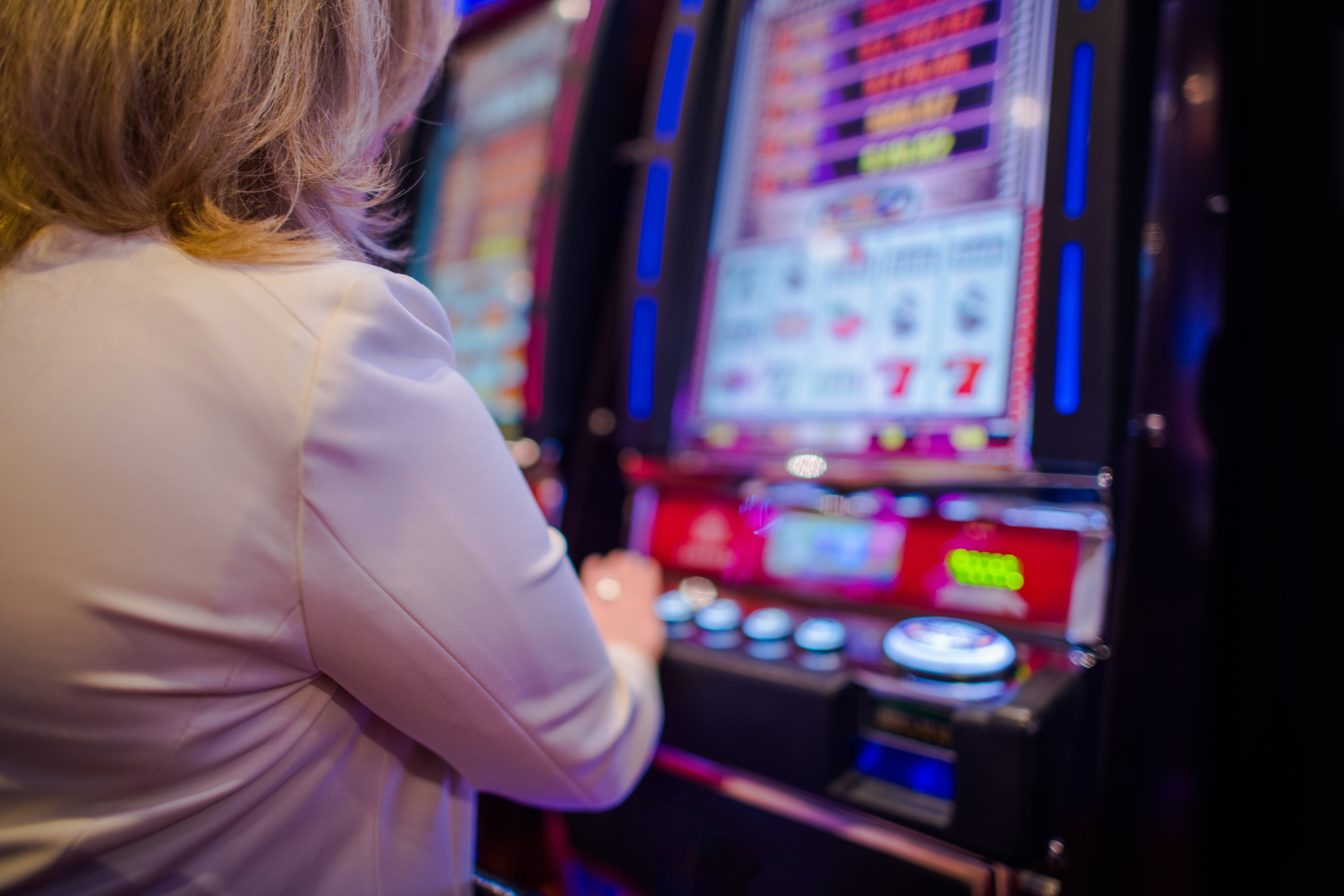Share This Article
Key Takeaways
“Money laundering” is the process of turning illegal money into the appearance of legitimate money for personal gain or use. Money laundering can take many forms, including the use of illegal money through gambling to cash them. Common money laundering offences include dealing with proceeds of crime under the NSW Crimes Act and Commonwealth federal laws with penalties ranging from 6 months to 25 years imprisonment.
The NSW Crime Commission has raised concerns that Australia’s relatively successful management of COVID-19 may make it a ‘safe haven’ for both legal and illegal transfers of international funds.
In its most recent report, whilst analysing ‘Changes in Money Laundering Activities’, the Commission drew attention to recent figures that exposed the state’s poker machine profits in the final months of 2020 rising starkly from the year before.
This has sparked concerns due to the widespread exploitation of the machines as a money laundering avenue.
Regarding their prediction the Commission commented that: “A similar observation was made following the global financial crisis several years ago, which saw a large volume of international funds flow into Australia because of the way that it had avoided the crisis.”
“Being able to distinguish illegal funds or proceeds of crime from legitimate investment in Australia will be a significant challenge for Australian law enforcement.” it continued.
Liquor and Gaming NSW have stated that gaming machine profits reached AU$582.7m and $629.6m for November and December 2020, respectively.
Compared to 2019, November is a 1.8% raise and December represents a 6.5% jump.
Profits between July and December 2020 were around $4.4bn, which is up $4bn from the same period in 2019.
These increases defied the limitation on trading due to COVID-19 restrictions.
The Commission analysed how money laundering opportunities had been limited at the beginning of the year.
“The Commission is aware of several established money laundering networks ceasing activities during the early part of 2020.” it stated.
It hypothesised that this may have been due to suspicions regarding bank notes spreading the virus, or wider trends regarding limitation of business activities.
“The cessation of trading by casino operators and the termination of junket tours curtailed any opportunity of laundering illegal profits through casinos. Similarly, hotels and clubs with poker machines turning over large volumes of money ceased trading for a period of time during the reporting period.” it explained.
The Commission further examined how limitations on money laundering at the beginning of the year led to stockpiling of large amounts of money.
This led to a significant increase in the volume of money detections from February to July 2020.
Notable cases included two police vehicle stops in Queensland and in South Australia, where officers seized a total of approximately $7 million.
In both seizures, the money was suspected to have come from NSW.
“This activity will likely continue until normal business transactions resume, thus providing law enforcement agencies opportunities to disrupt the money flow of established organised crime networks.” the Commission summarised.
There are around 96,000 poker machines distributed across 4,000 venues in NSW, with 1,500 situated at The Star casino in Sydney.
Comparatively, poker machines in NSW have a higher load up limit than other Australian states which makes them attractive for those seeking to money launder.
In recent times, Crown Resorts faced serious allegations that the company ignored warning signs of money laundering within its casinos and was not fit to hold a casino licence for its latest addition in Barangaroo, in its current state.
A Guide on the Law on Money Laundering Offences in NSW and Across Australia
Money laundering is essentially a process of turning ‘dirty money’ into ‘clean money’ for personal use. The dirty money generally from the proceeds of crime. While there are many forms of money laundering, one such form includes the use of illegally obtained money into poker machines or other gambling games in order to cash them out to appear as legitimate money.
In NSW, section 193B of the Crimes Act 1900 (NSW) prescribes heavy criminal penalties to any person who deals with the proceeds of crime knowing that it is proceeds of crime and intending to conceal that it is the proceeds of crime.
It carries a maximum penalty of 20 years imprisonment.
Furthermore, a person who deals with proceeds of crime knowing that it is proceeds of crime is guilty of an offence, pursuant to section 193(2) of the Crimes Act 1900 (NSW).
However, this offence carries a maximum penalty of 15 years imprisonment.
A person who deals with proceeds of crime being reckless as to whether it is the proceeds of crime is guilty of an offence, pursuant to section 193(3) of the Crimes Act 1900 (NSW).
This offence carries a maximum penalty of 10 years imprisonment.
A defence to money laundering includes if the defendant satisfies the court that they dealt with the proceeds of crime to assist the enforcement of a law of the Commonwealth, a State, or a Territory.
‘Proceeds of crime’ means any property that is substantially derived or realised, directly or indirectly, by any person from the commission of a serious offence, according to section 193A of the Crimes Act 1900 (NSW).
Applicable across all Australian states and territories, the Commonwealth law in Part 10.2 of the Criminal Code Act 1995 (Cth) prescribes heavy maximum penalties for money laundering offenders. The maximum penalties here depend on the amount of money involved, ranging from at least $1m, $100,000, $50,000, $10,000, $1000 or of any other value that is less. The maximum penalties for these are outlined in section 400.3 – 400.8 of the Criminal Code Act. The maximum range from 6-months to 25-years imprisonment.
Question on money laundering laws in Australia? Speak to one of our highly experienced money laundering lawyers in Australia today.
Poppy Morandin and Jimmy Singh.









